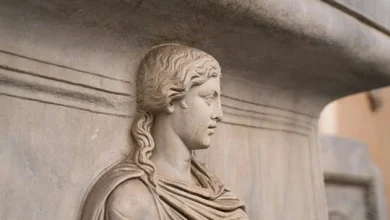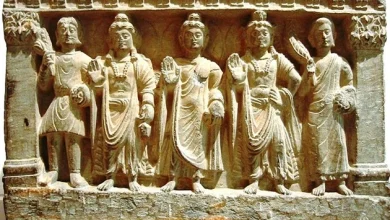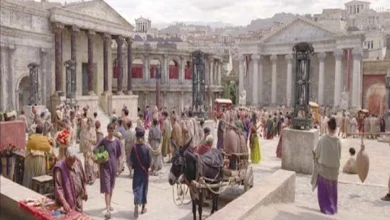What was the last will of Alexander the Great? What scientists learned from the will lost for almost 2000 years
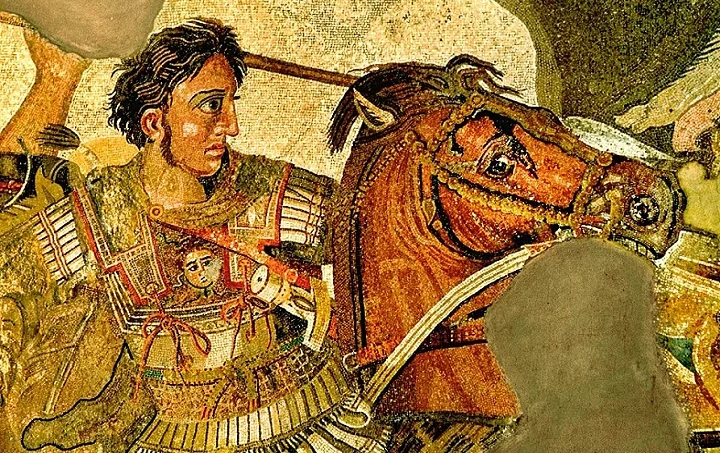
Alexander the Great is one of the greatest generals of all time and the founder of a great empire. His life was terribly short, but he managed to achieve incredible things. His military campaigns caused the spread of Greek culture far to the east. In history, the king remained as Alexander the Great.
His biography keeps a lot of mysteries and secrets, the chances of unraveling it today are practically non-existent. All more or less reliable sources are very often riddled with bias, propaganda, empty rhetoric, obvious falsification and concealment of evidence. But scientists managed to find out something…
When Alexander III of Macedon ascended the throne at the age of 20 in 336 BC, no one could have imagined that such massive changes were coming to the world. The reign of the king was short-lived, it lasted only 13 years. Alexander spent almost all these years in military campaigns. The army of the Macedonian king was quite diverse.
The Macedonians were at the head of small detachments of Greek mercenaries, as well as prefabricated garrisons from the conquered Balkan states and tribes. Alexander’s army overthrew 220 years of Achaemenid rule. Unfortunately, the new world order has proved incredibly fragile. As soon as Macedonian died, everything collapsed.
The Mystery of Alexander’s Death
To date, almost two and a half thousand years have passed since that moment. Fragmentary records have been preserved from which it is possible to more or less coherently restore the history of the last days of the life of the great king. The reasons for his death are still not completely clear. All the information is contradictory and raises more questions than it answers.
Basically, historians drew information from the texts of five biographers of the Roman period – Diodorus, Curtius, Justin, Plutarch and Arrian. Their records were made almost four centuries after the reign of Alexander. So it was not possible to extract anything concrete from them. The manuscripts are full of inaccuracies and contradictions. According to one version, Macedonian died without saying anything in the end and did not leave a will. In another, he recited, like Homer, his last will. The third had a written will. Who to believe?
Omen-filled death
For a long time, no one suspected that a fairly well-known ancient manuscript called “The History of Alexander the Great” contains the true testament of Alexander the Great. This is a collection of stories and tales that describe the great deeds of the famous commander and ruler.
In its last chapter, the last will of the ruler of the great empire was written. Historians believe that these texts were written about a hundred years after the unexpected death of the king. Scientists believed that the document was part of a fable for more than two thousand years. Until a certain British historian named David Grant claimed that he could prove that this “political pamphlet” was the testament of the great commander Alexander the Great.
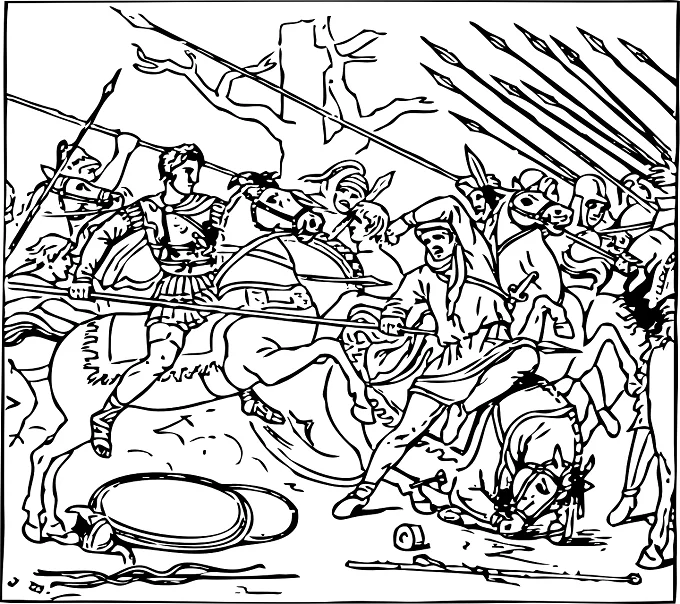
In this document, the king details the future of the Greco-Persian Empire, which he ruled. He named his heirs there. Experts believe that after the death of the commander, his entourage made beneficial changes to the document. The goal was to remove the sons of Macedon from power – Hercules and Alexander IV.
He left his empire as a legacy to them. The nobility did not want to accept half-breeds as rulers. Alexander IV was a mestizo, like Heracles, who was born from his mistress. The empire was mired in violent civil strife.
For many years after Alexander’s death, the original will was secretly copied and distributed in the form of leaflets, with which competing military leaders tried to prove their legitimacy. Historians emphasize that all these edits of the document changed the original beyond recognition, but something can be extracted.
The content is based on the original and was one of the most influential military and political mandates in the ancient world. In addition, the document contains clear allusions to a conspiracy of military leaders against Alexander the Great.
Alexander the Great created a world power, which collapsed after his death. Even in Antiquity, Alexander was entrenched in the glory of one of the greatest generals in history. No one has been able to surpass him.
The cities he founded today are the largest in several countries, and the colonization of new territories by the Greeks in Asia contributed to the spread of Greek culture in the East. Macedonian did not have time to reach 33 years old, he suddenly died in Babylon from a serious illness. The empire was torn apart by its commanders (Diadochi) among themselves. A series of wars reigned for several decades.

